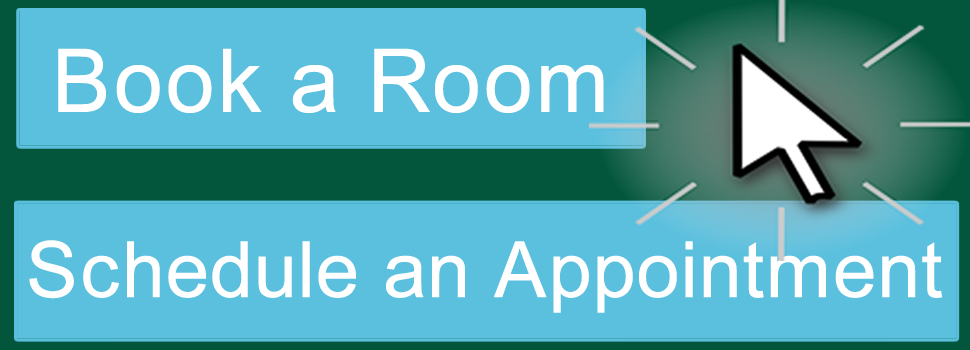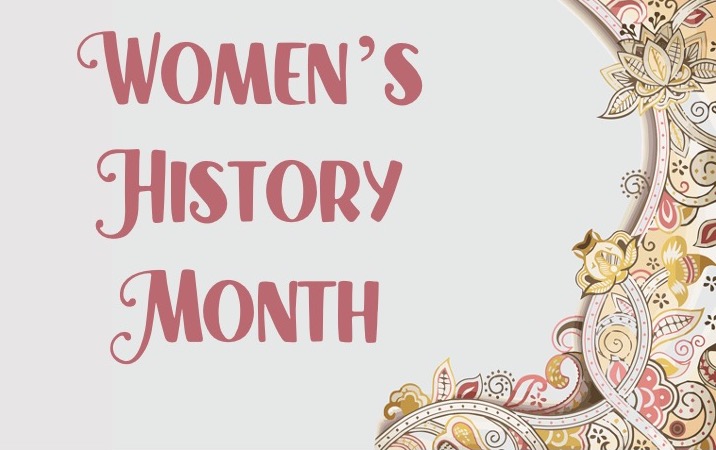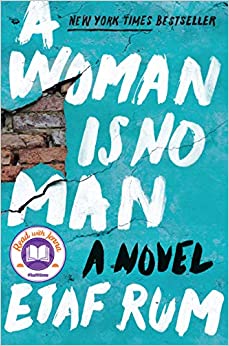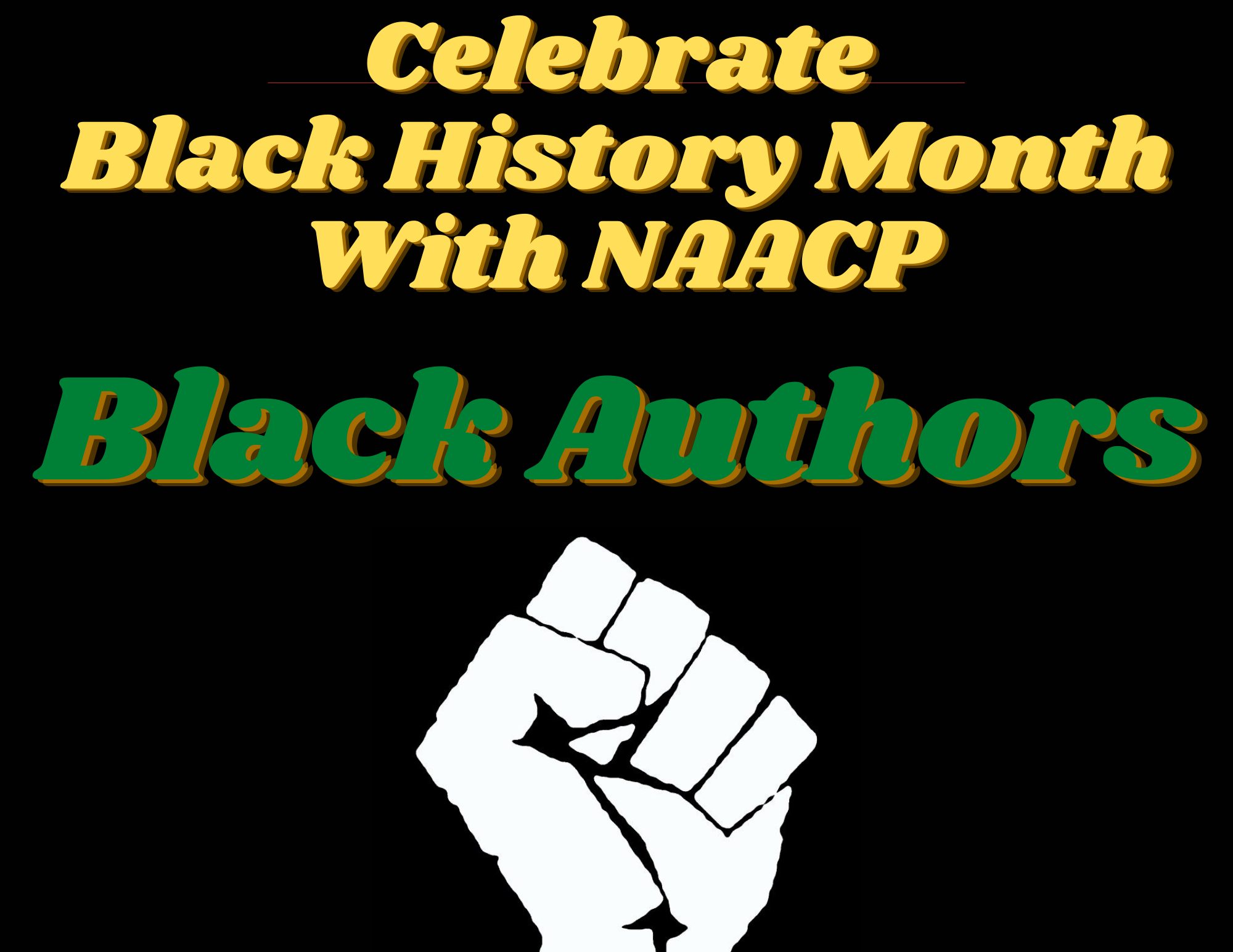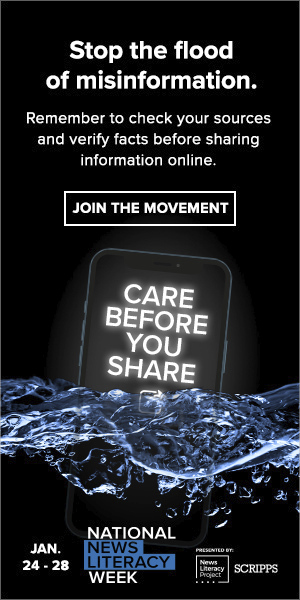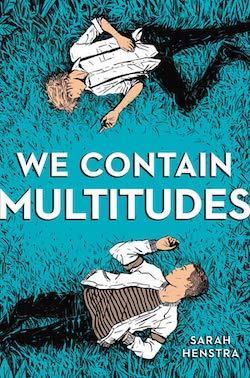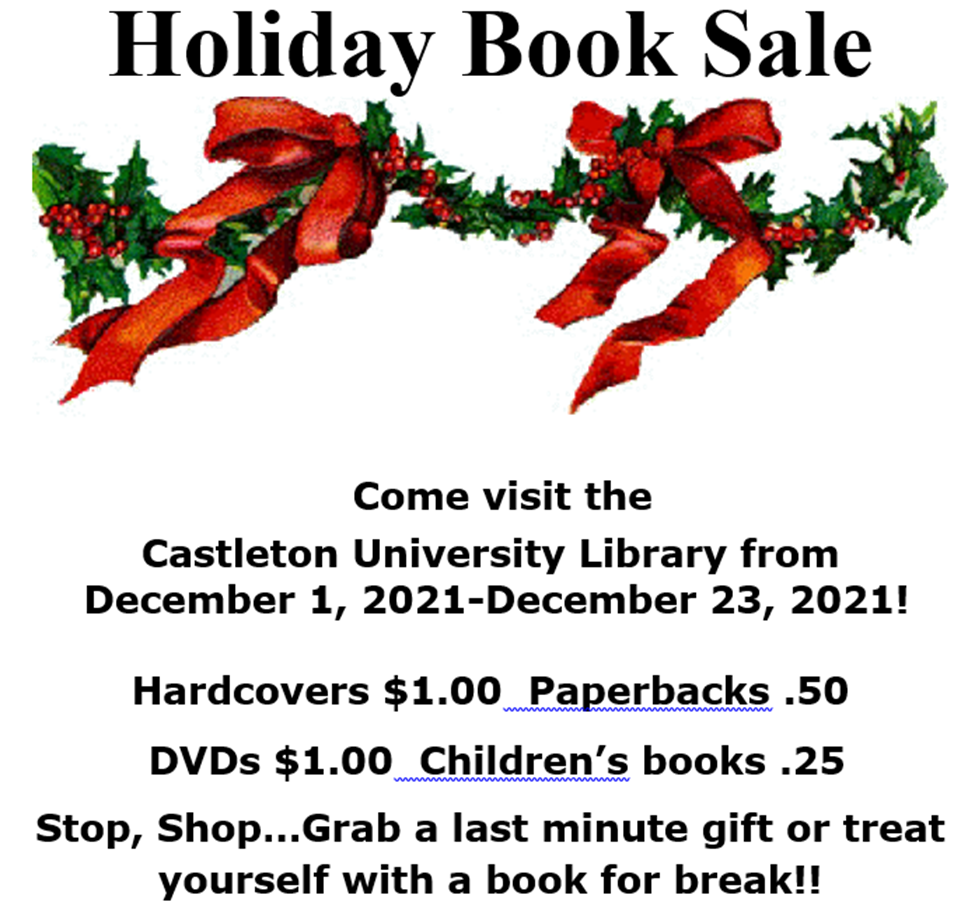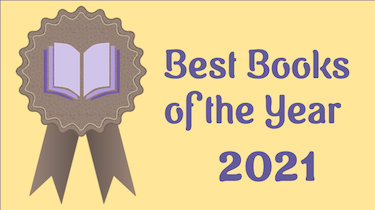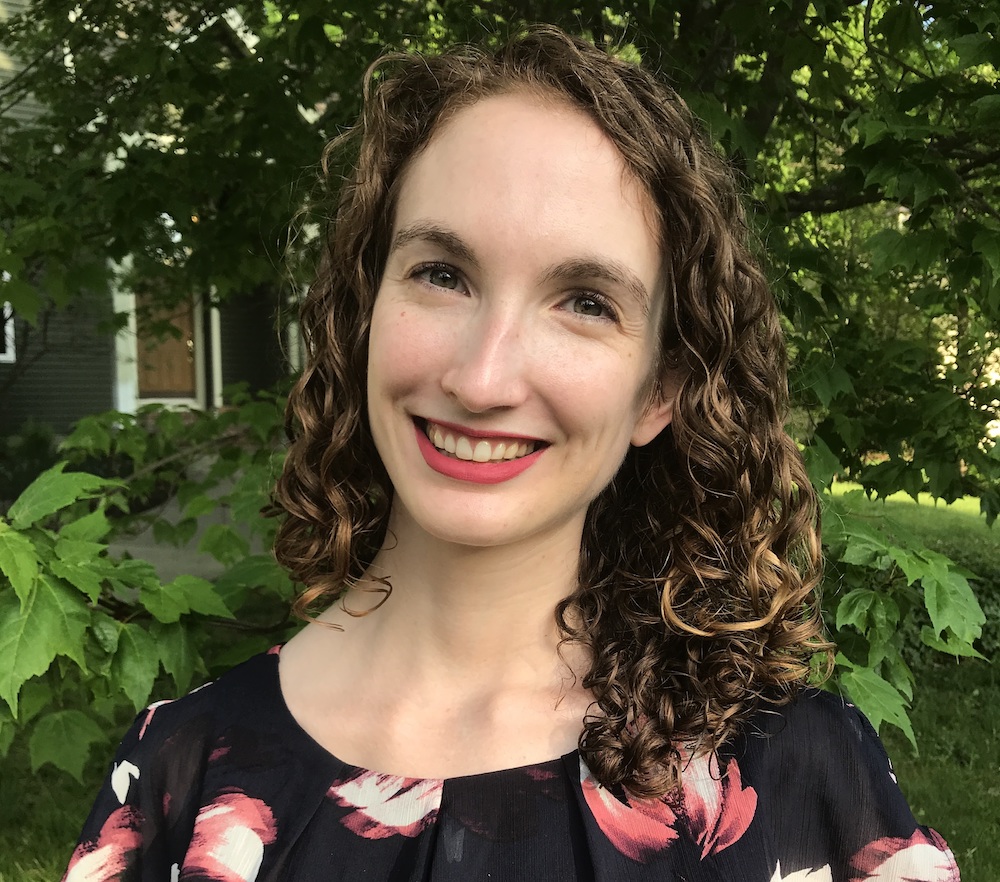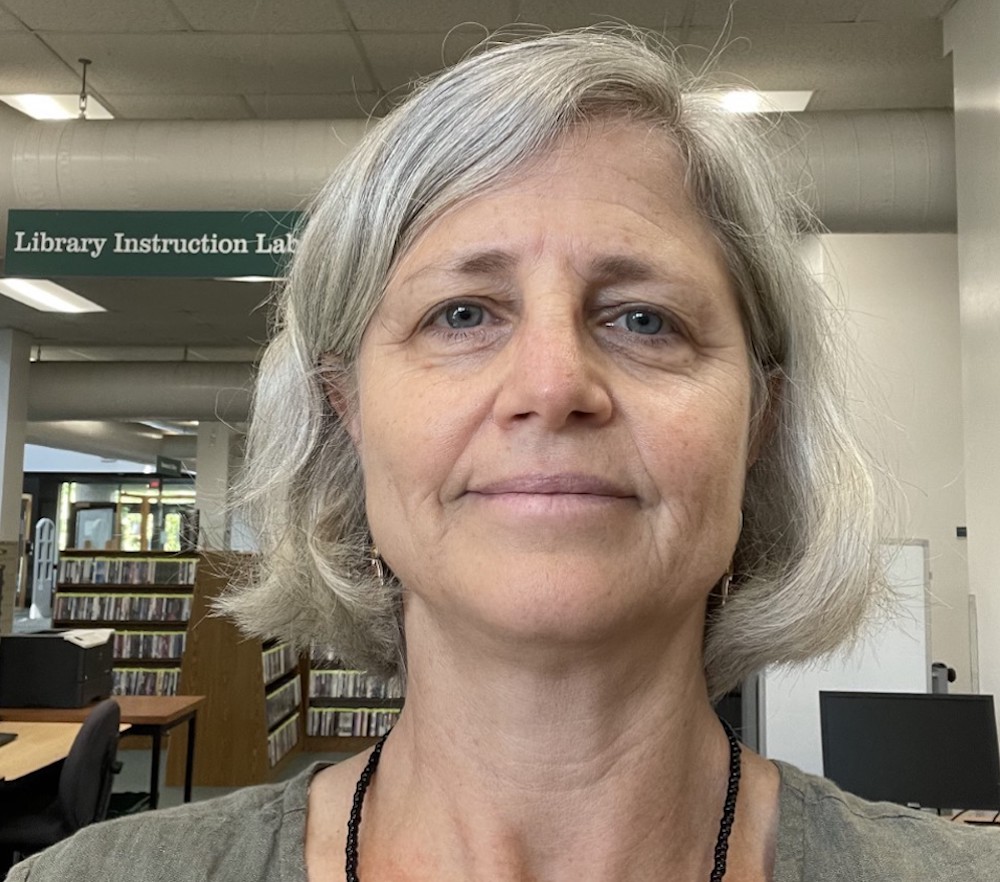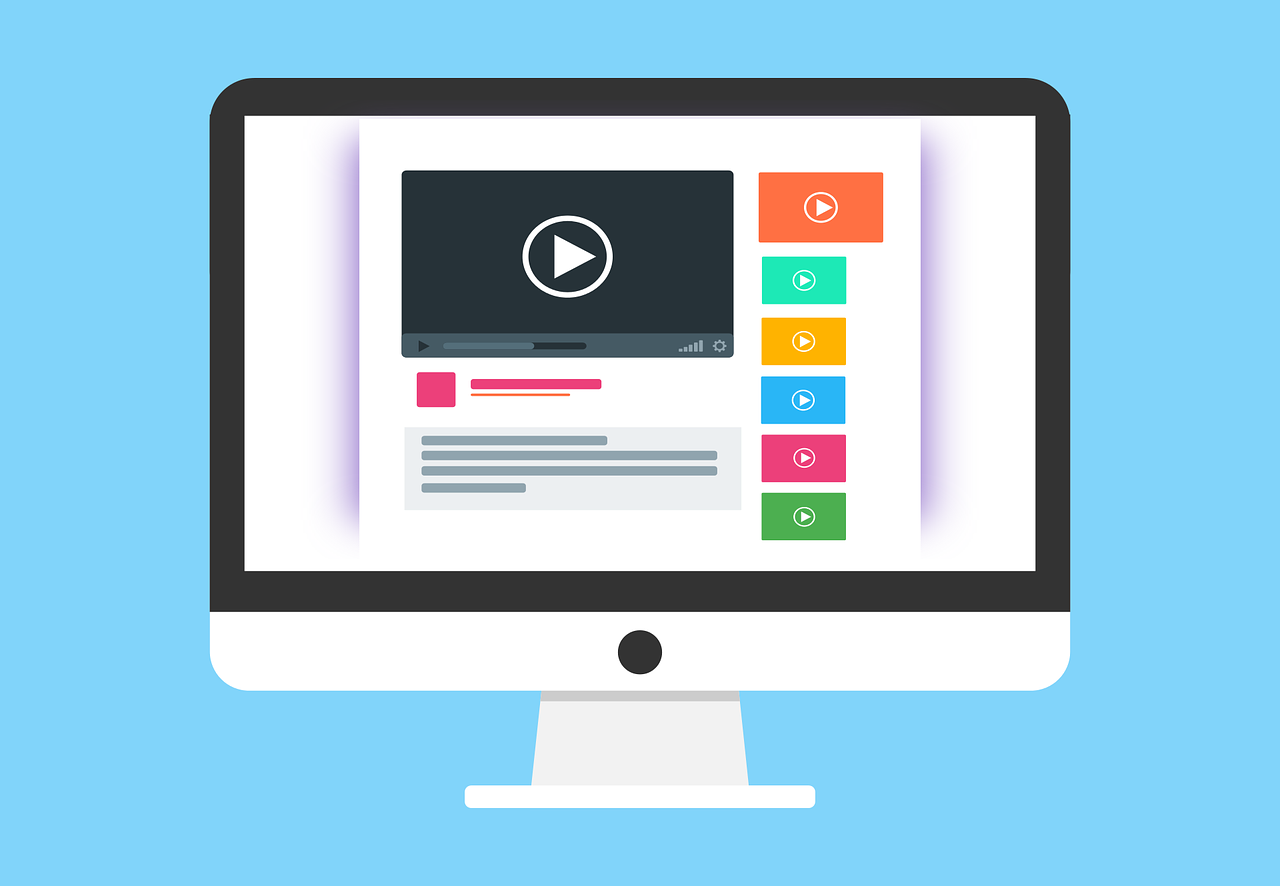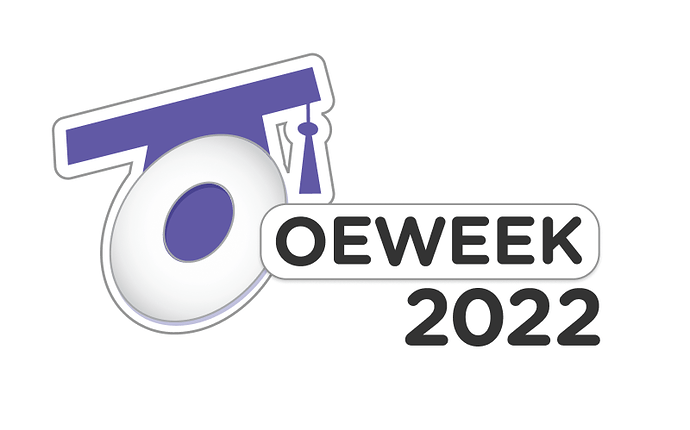

It’s Open Education Week, sponsored by Open Education Global, “a member-based, global, non-profit supporting the development and use of open education around the world to:
- expand access to education enabling every person on earth to access and contribute
- improve the quality of education
- make education more affordable
- improve student success
- foster collaboration and sharing through co-creation of education materials and the freedom to use, customize, improve and redistribute them
- generate pedagogical innovation using the collaborative, interactive culture of the Internet
- foster international partnerships and a global participatory culture of learning, creating, sharing and cooperation”
About Open Education
Also from the Open Education Global website: “Open education is an attitude, a practice, and a method of teaching that inspires inquiry, equal access to course materials, and sharing lessons and materials with the wider community. At the center of open education is the belief that education is strengthened when shared openly. Open education relies on open educational resources (OER) and open licensing.”
See the resources the CU library has compiled and learn more on our
OER and Open Access Resources guide
About Open Educational Resources
Again from the Open Education Global website: “OER are teaching, learning and research materials in any medium – digital or otherwise – that reside in the public domain or have been released under an open license that permits no-cost access, use, adaptation and redistribution by others with no or limited restrictions.
OER come with 5R permissions including the permission to:
- Retain – the right to create, own, and control copies of the content;
- Reuse – the right to use the content in a wide range of ways;
- Revise – the right to adapt, adjust, modify, or alter the content itself;
- Remix – the right to combine the original or revised content with other material to create something new;
- Redistribute – the right to share copies of the original content, the revisions, or the remixes with others.
OER can include textbooks, instructional materials, interactive simulations, lesson plans, full courses, and even complete degrees (often called Z-Degrees). A popular example of OER is open textbooks that are funded, published and licensed to be freely used, adapted, and distributed. These books can be downloaded for no cost, or printed at low cost offering significant savings, compared to expensive proprietary textbooks. OER provide academic freedom to customize, localize, translate, and update as required. OER expand and enhance the academic offering of an institution.
OER are typically stored and distributed through web sites, platforms or repositories that provide search, view and download capabilities.”


